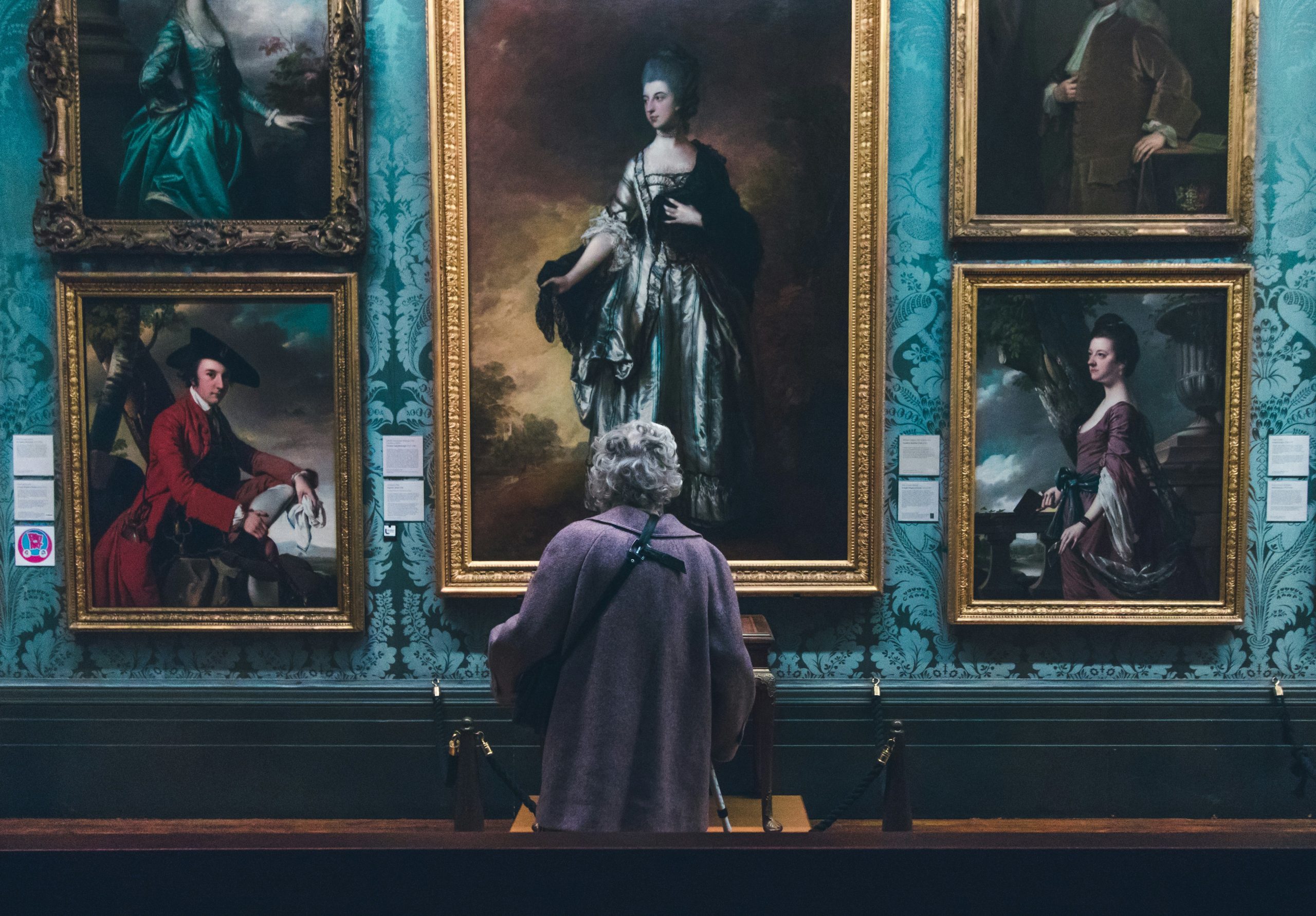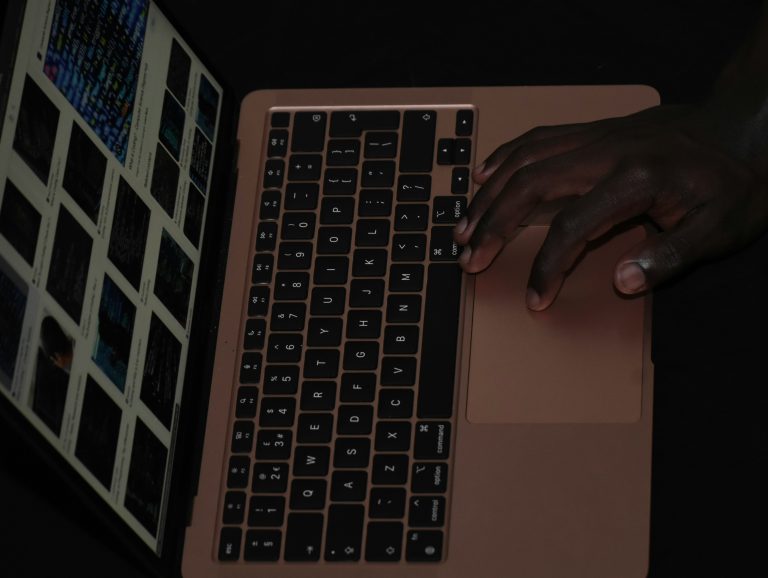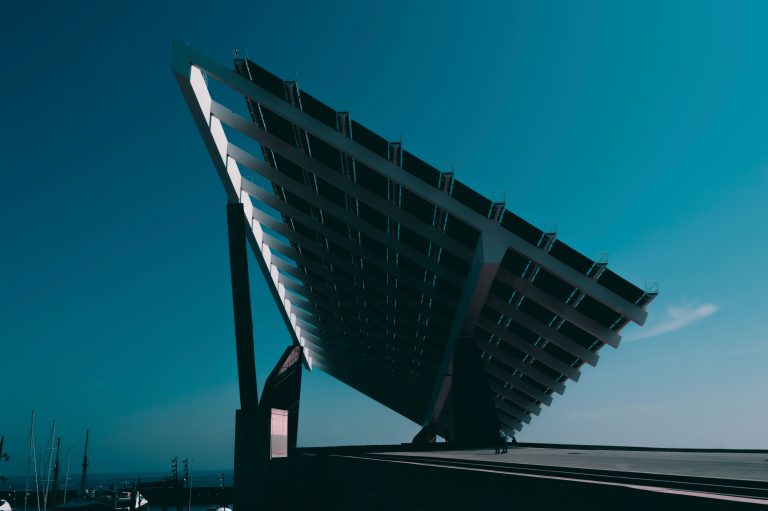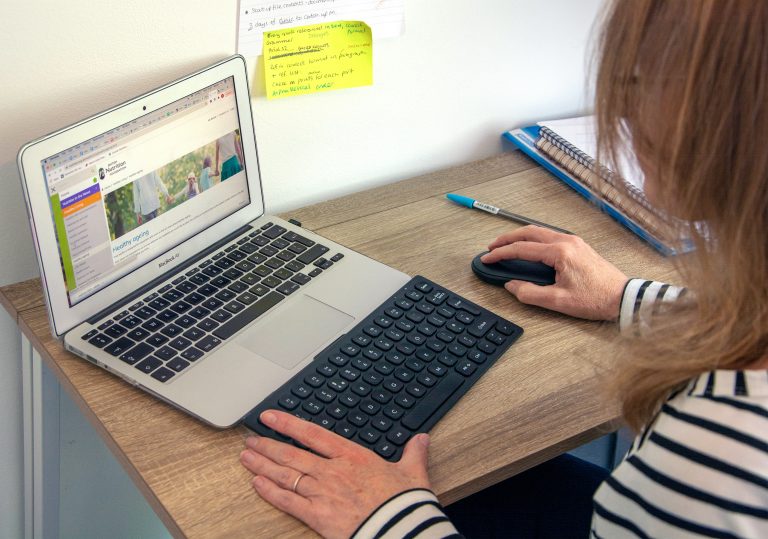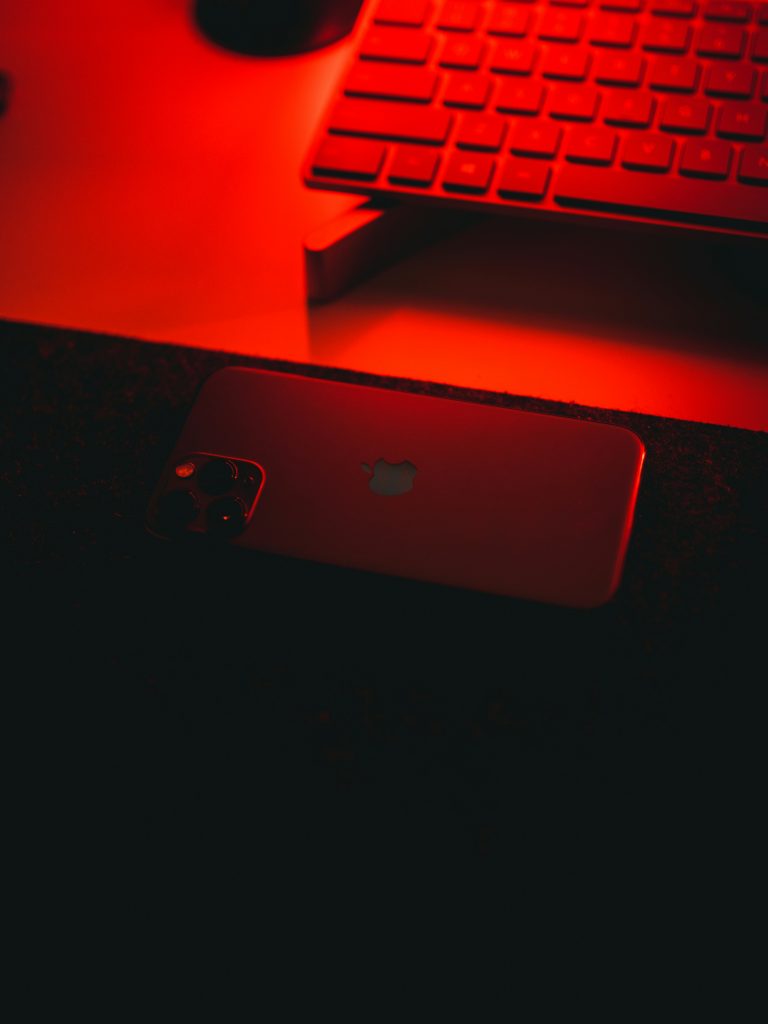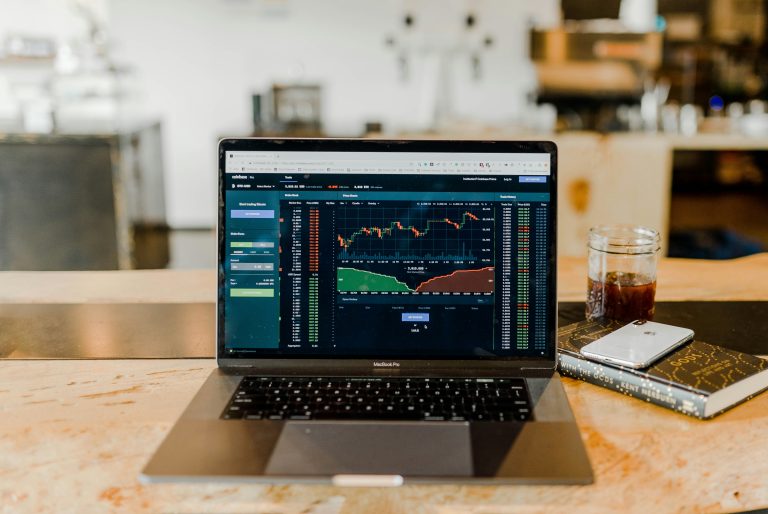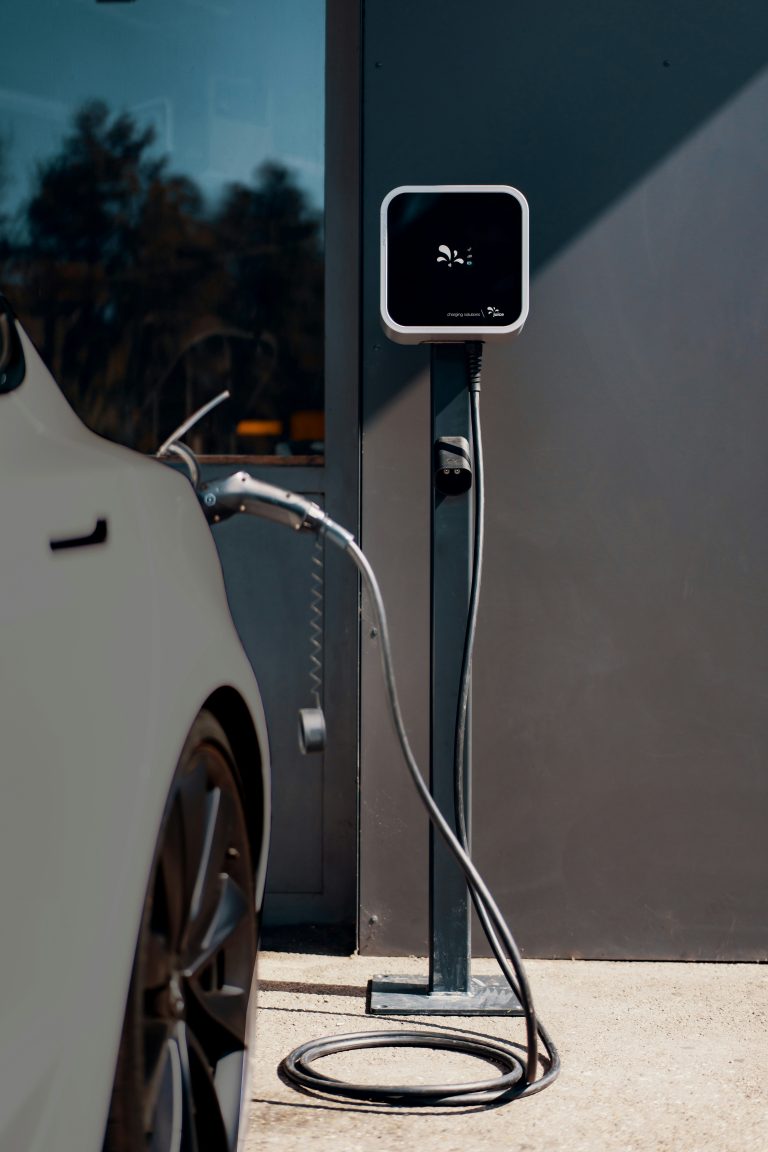AI vs. Human Creativity: Where Do We Draw the Line?
2 Introduction
1 Context: Generative AI is now writing novels, composing music, designing products, and making art.
2 The Big Question: If AI can create, where does that leave human creativity? Is it collaboration, competition—or something more existential?
3 What Is Creativity, Anyway?
1 Human Creativity: Often tied to emotion, experience, intuition, and meaning-making.
2 AI “Creativity”: Based on pattern recognition, massive datasets, and probabilistic outputs.
3 But: Can something be “creative” if it lacks consciousness, intent, or emotion?
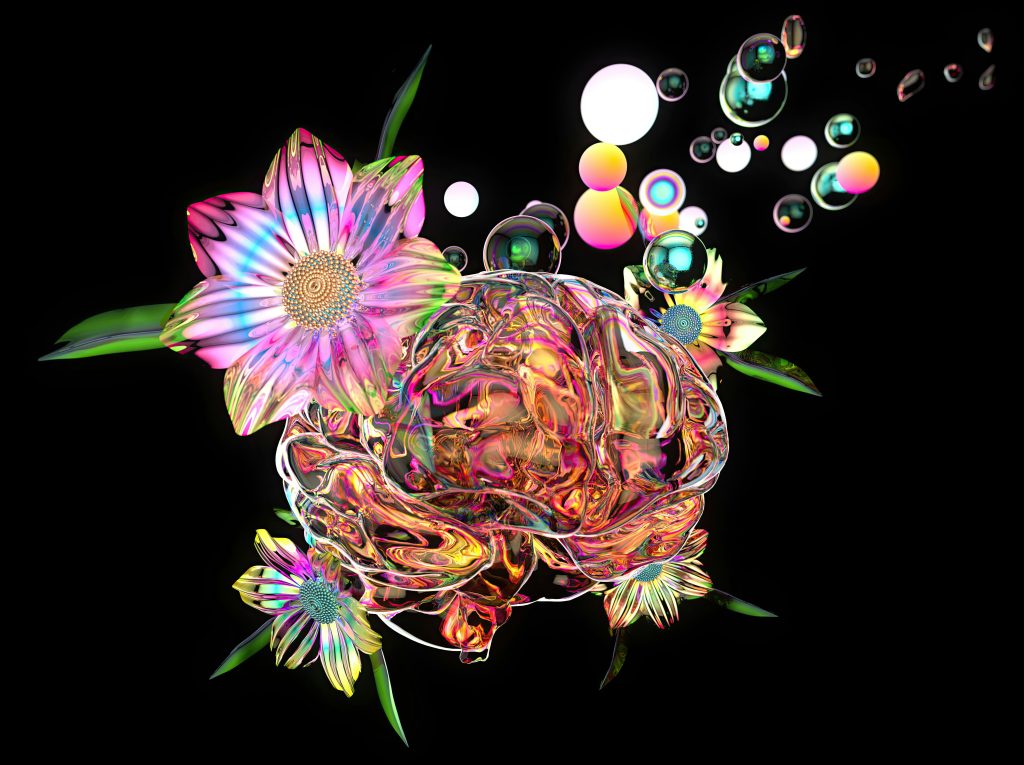
4 What AI Can (and Can’t) Do Creatively
Strengths:
1 Speed and scale—generate thousands of ideas in seconds.
2 Remixing styles across cultures, eras, and disciplines.
3 Assisting with brainstorming, iteration, and overcoming creative blocks.
Limitations:
1 No lived experience or personal perspective.
2 Lacks emotional depth or true originality—derives from what it’s trained on.
3 Can’t fully understand context, nuance, or subtext the way humans do.
5 Collab or Clash? The Human-AI Creative Dynamic
1 Augmentation vs. Replacement:
2 AI as tool (e.g. Photoshop, GPT) vs. AI as author (e.g. AI-written books).
3 Human-in-the-Loop: Where artists guide AI rather than being sidelined.
4 Prompt engineering: A new form of creativity in its own right?
6 Case Studies & Examples
1 AI-generated music albums, films, or TikTok influencers.
2 AI-written scripts vs. screenwriters’ protests (e.g. Hollywood’s recent strikes).
3 Artists using AI to explore new styles (e.g., Refik Anadol, Grimes).
4 Controversial moments: AI winning art competitions, plagiarism claims.
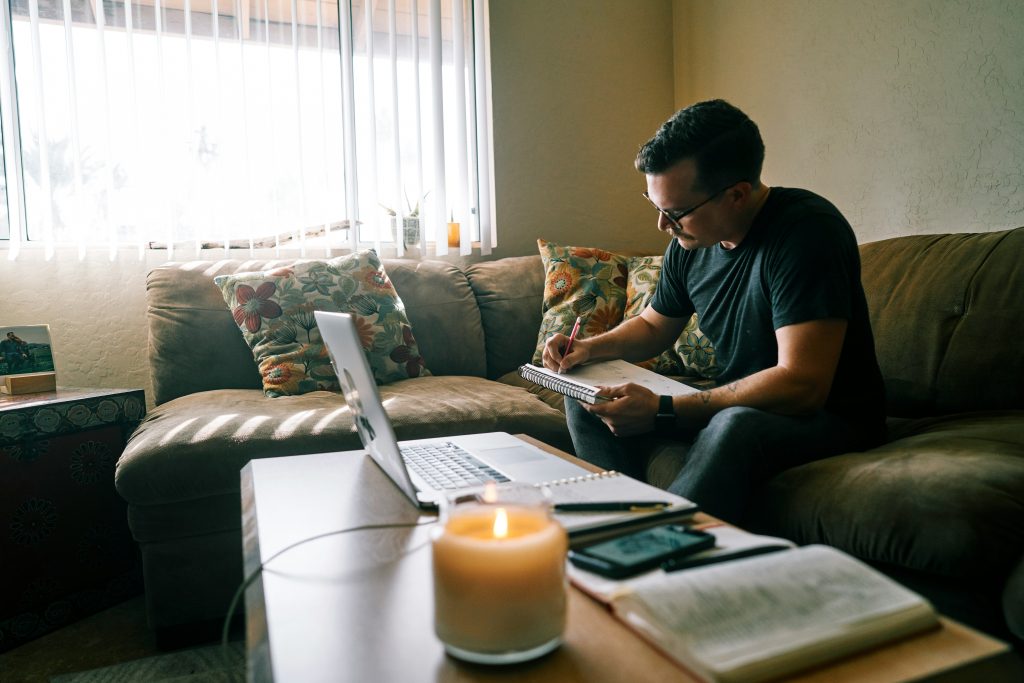
7 Ethical & Cultural Questions
1 Attribution: Who gets the credit? The AI, the human, the data it trained on?
2 Authenticity: Is art still “real” if it wasn’t made by a human?
3 Inspiration vs. Imitation: When does AI creation cross the line into theft?
4 Cultural homogenization: Will AI flatten artistic diversity by favoring trends?
8 Where Do We Draw the Line?
1 Do we restrict AI from creating in certain domains (e.g., journalism, fine art)?
2 Should disclosure be mandatory when something is AI-generated?
3 Can we value both—human art for its soul, AI art for its innovation?
Conclusion
AI challenges our definitions of creativity, originality, and even identity. But maybe the real question isn’t whether AI can be creative—but whether we can evolve our understanding of creativity itself. The future might not be AI vs. human, but AI with human—a remix of both minds.
